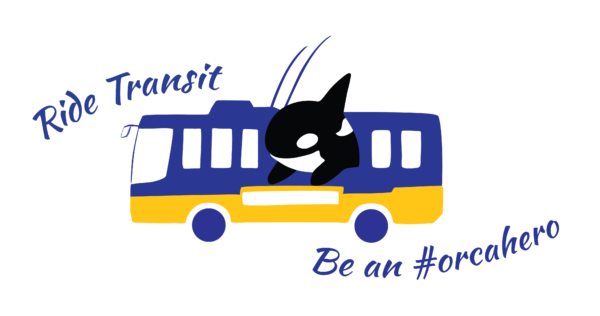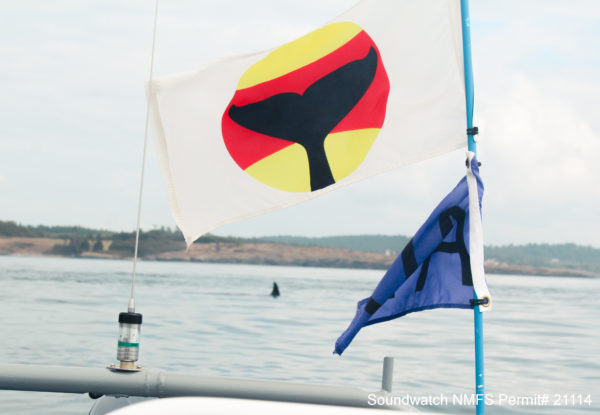Rein Attemann | Puget Sound Campaign Manager
During the summer, the Salish Sea is busy with recreational boaters and anglers, whale watch operators, and commercial vessels. It is also the time of year when the Southern Resident orca population returns to their summer foraging grounds to feed on Chinook salmon, primarily from the Fraser River in Canada.
In late August, I was extraordinarily fortunate to see the J Pod actively breaching, foraging, traveling, and spyhopping (when a whale vertically pokes its head out of the water), as I spent two days in their vicinity in the San Juan Islands.
I say vicinity because there are regulations in place to protect whales and orcas from commercial whale watch operators, recreational boaters, and kayakers.
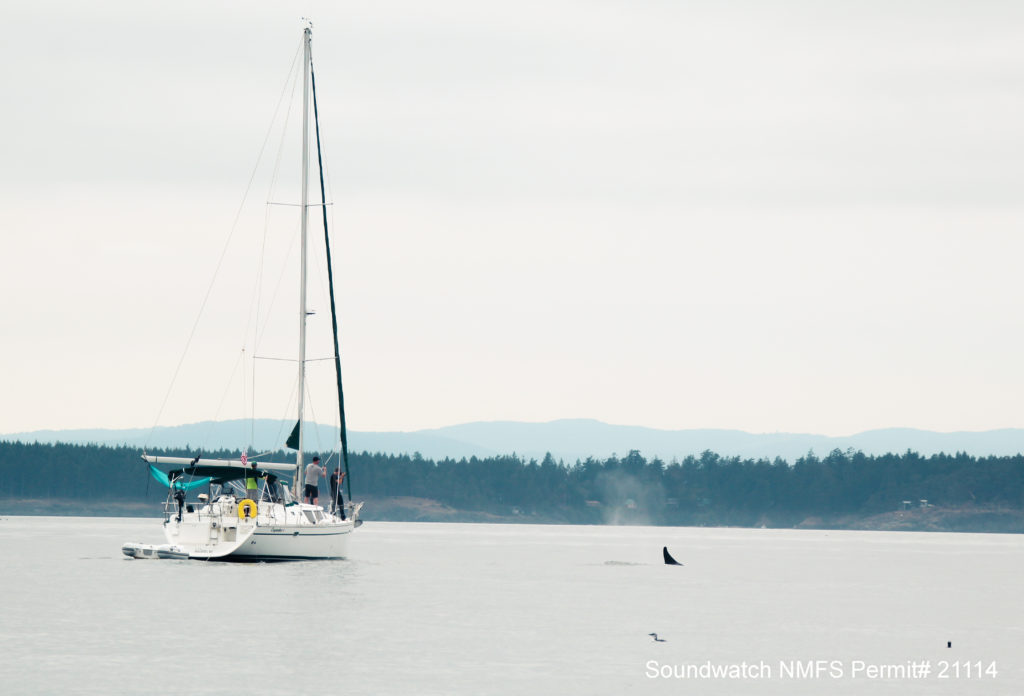
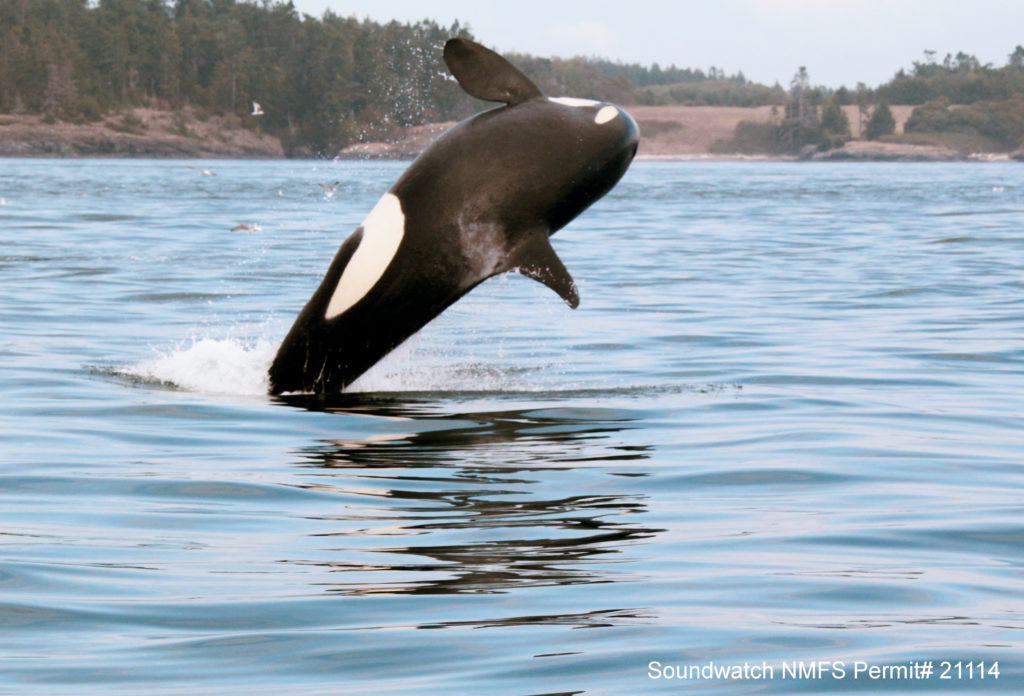
This past year, the Washington State Legislature passed historic protections for Southern Resident orcas, at the recommendation of the Governor’s Orca Recovery Task Force. The new laws require that vessels must stay 300 yards away on either side and 400 yards in front of and behind, slow down to 7 knots within a half nautical mile, and shut off their engine when caught within 300 yards, if safety is not an issue.
What I witnessed on the water was eye-opening and informative, but also disturbing and frustrating.
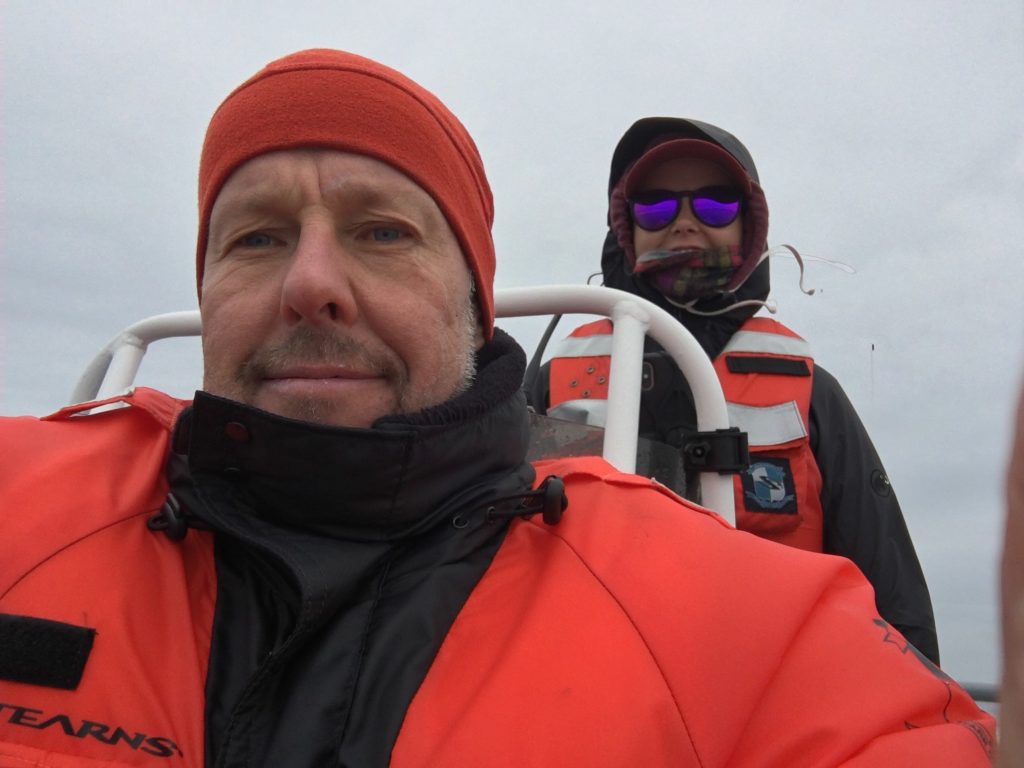
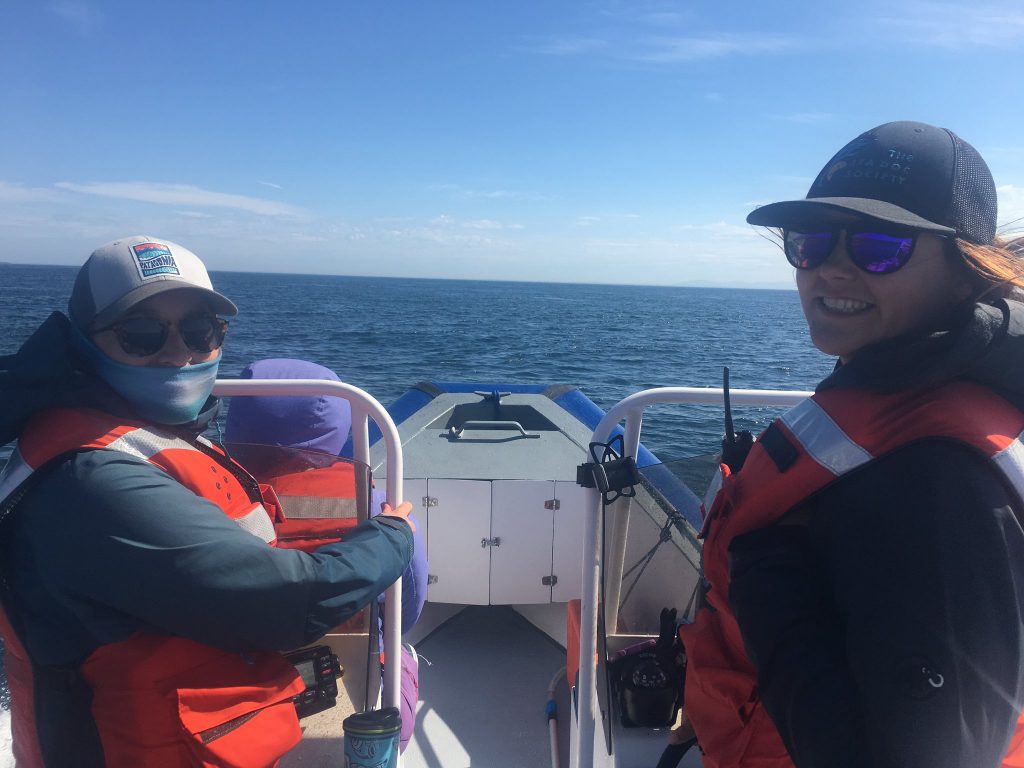
I saw proper recreational boater behavior, when the aforementioned regulations were followed. I also saw inappropriate behavior, as some operators were easily within 300 yards of an orca, speeding faster than 7 knots in very close proximity to the pod, or still idling within a stone’s throw of an orca.
I even witnessed outrageous recreational boater behavior. A captain of a private charter was purposefully “bow riding,” or chasing, two orcas within very close proximity – a blatant and egregious violation of the rules. I encountered rudeness, arrogance, and a feeling of impunity from a handful of boaters.
At one point, there were about 8 to 10 recreational boaters infringing on the orcas in all directions and at very close proximity. At that moment, we opted to approach and intercept the vessel that was speeding right toward the pod. We had to intercept countless fast vessels to ensure the boats did not hit any orca. One death from a vessel strike would be another nail in the coffin for this fragile population.
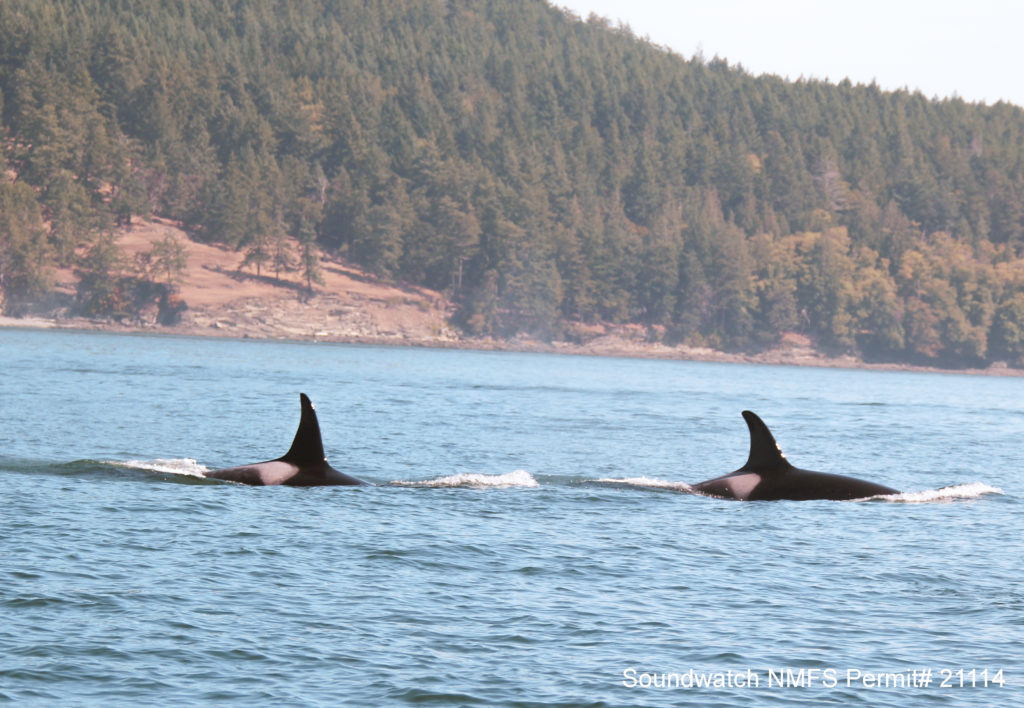
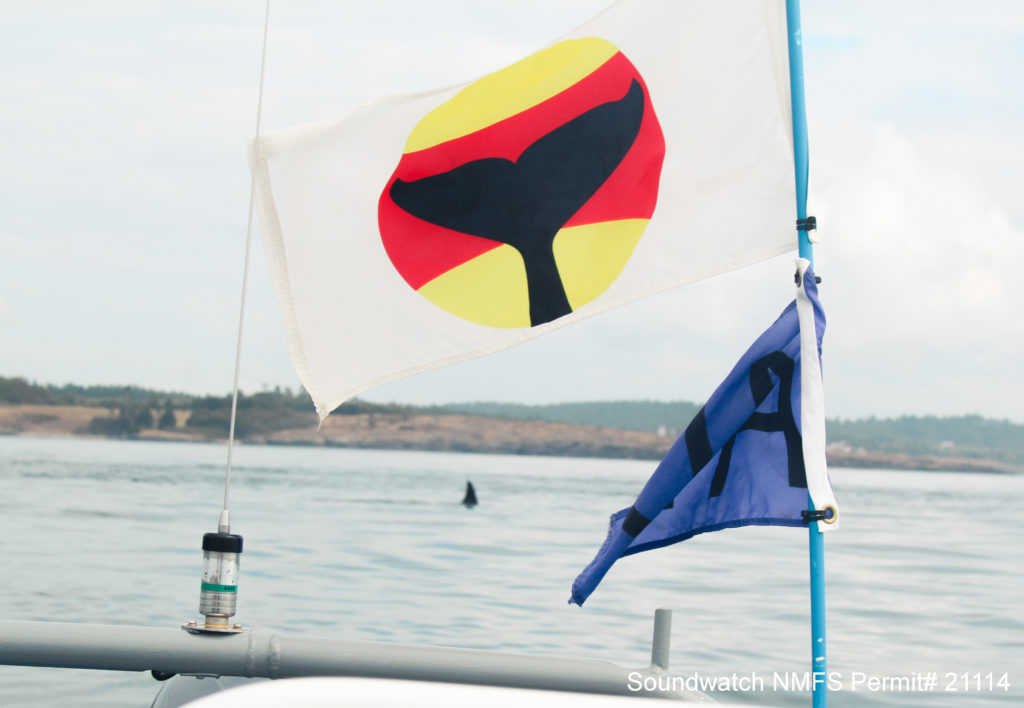
I was fortunate to be out on the water with the Whale Museum’s Soundwatch Boater Education Program. While Soundwatch does not enforce the laws on the water, their mission is to approach vessels and talk to boaters about their surroundings and the related rules.
Soundwatch is present on the water every day during the summer, working to prevent vessel disturbance to killer whales and other marine life in the Central Salish Sea.
It was up to us to decrease the vessel impacts on orcas because the Washington Department of Fish and Wildlife’s Law Enforcement Division, responsible for actually enforcing the laws on the water, was absent from the scene.
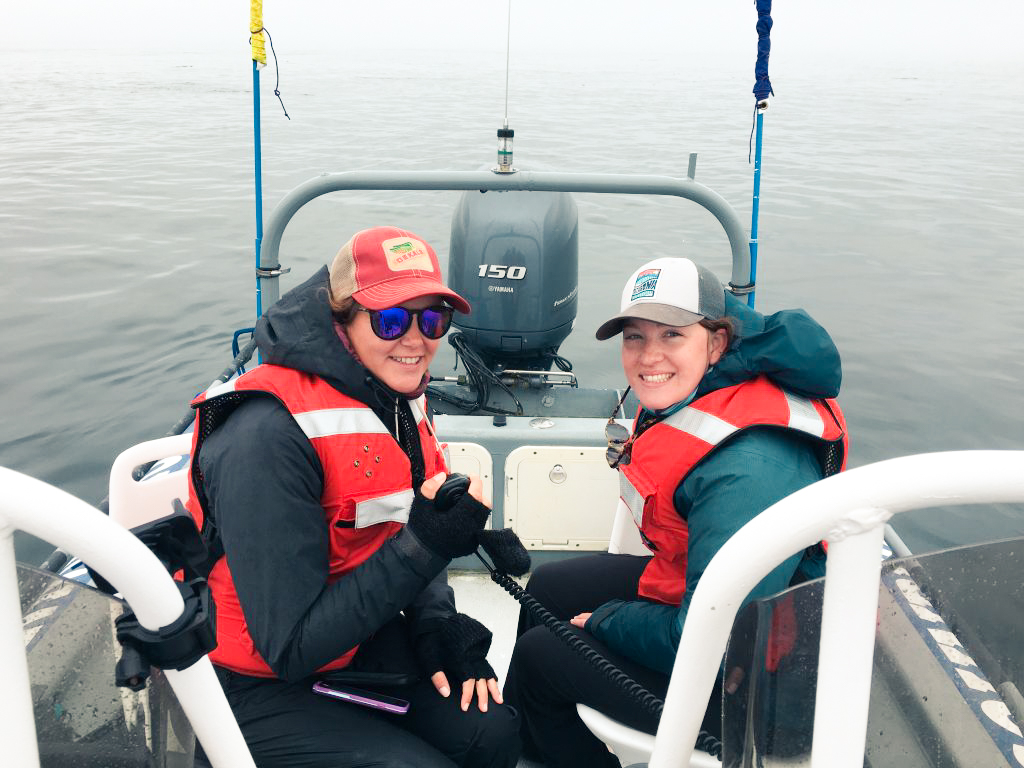
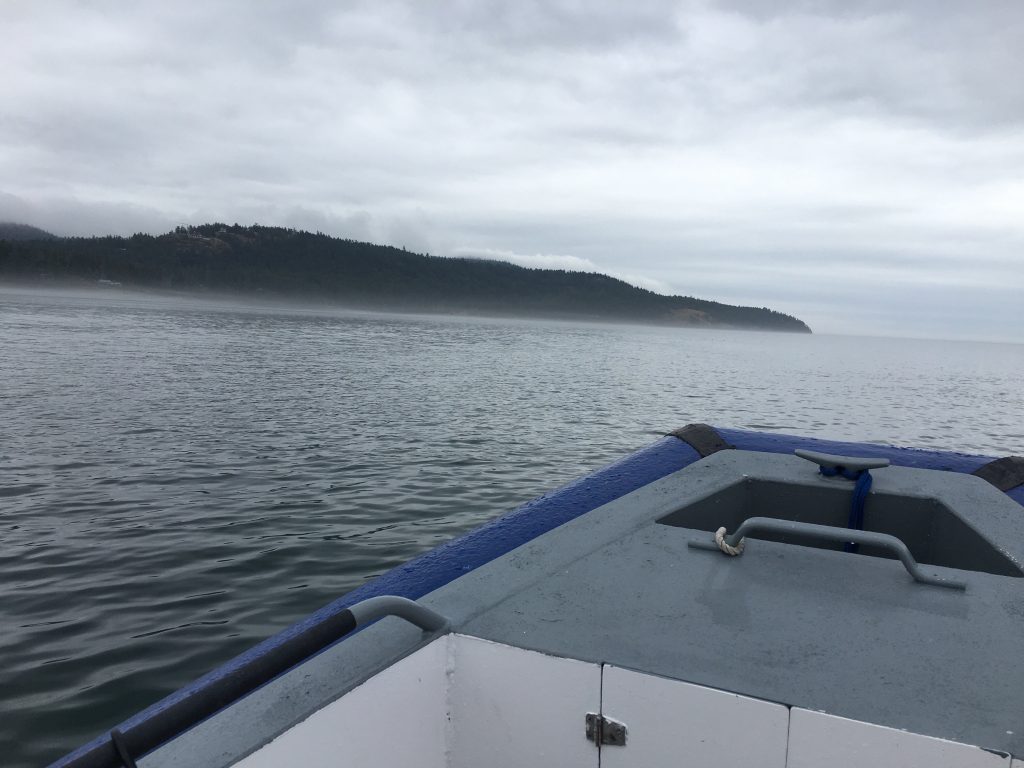
After each summer, Soundwatch issues a report of their findings and observations on the water. Clearly, more law enforcement patrols are needed to help ensure proper boater behavior. Otherwise, vessel operators will tend to speed, get too close to wildlife, and keep their motors on, which is very noisy underwater. Like car drivers, vessel operators need to know the rules.
I am deeply grateful to the Soundwatch crew and volunteers who are out on the water day in and day out. At times it is magical and thrilling, especially with a baby orca learning how to breach or an orca spyhopping out of nowhere. On the other hand, it can be stressful and frustrating with so many recreational boaters and commercial whale watch operators vying for a view of orcas.
For the safety of Southern Resident orcas and all wildlife, there needs to be aggressive recreational boater outreach and education before and during the boating season, and these efforts need continued support and resources from state legislators, agencies, the Governor, and all vessel operators.
